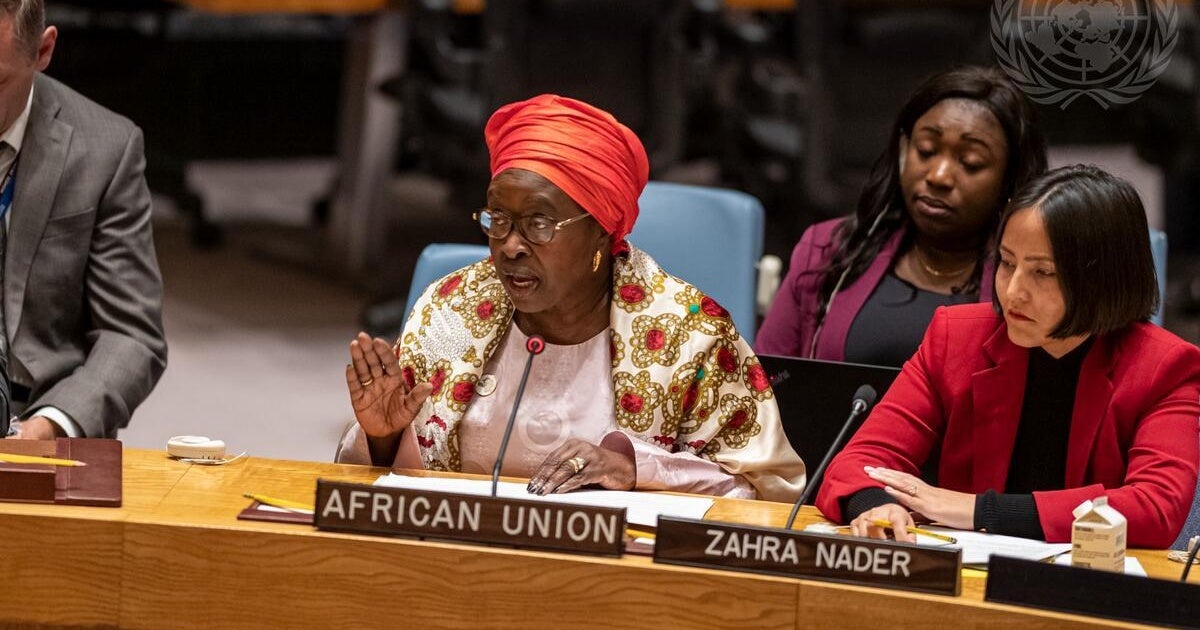At least, we thought ruefully, the women, peace, and security agenda—backed in the United States by the first Trump administration—is safe. We thought this could remain true even amidst the current Trump administration’s assault on women’s rights.
But US Defense Secretary Pete Hegseth apparently did not get the memo.
Women, peace, and security, or WPS, is shorthand for the idea that women have a right to be full participants in all discussions about their country’s future, particularly in peace talks. This concept was detailed in the landmark 2000 United Nations Security Council resolution 1325 and subsequent resolutions, governments around the world developed their own national action plans to support women’s full participation in peace processes.
The United States went a step further, adopting the Women, Peace, and Security Act of 2017, outlining actions the US government would take.
In fact, several members of Trump’s current cabinet voted in favor of the 2017 Act while they served in Congress. Trump’s first national security adviser, Mike Waltz, was a founding member of the WPS Caucus. Current Homeland Security Secretary Kristi Noem helped pen the House of Representatives’ version of the Act. The Senate’s version was co-sponsored by current Secretary of State Marco Rubio. President Donald Trump signed the act into law, and in 2019 his administration issued their own WPS national action plan.
The Trump campaign website cited the initiative as one of his top accomplishments for women during his first term. Ivanka Trump tweeted about it. At the time of this writing, the State Department website says the United States is committed to upholding WPS because, “Women’s and girls’ meaningful participation in peace and security processes before, during, and after conflict and crises is critical to achieving lasting peace. The data speaks for itself.”
Enter Defense Secretary Hegseth. On April 29 on X, he wrote that he had “ended” the WPS program within the Department of Defense, denouncing WPS initiatives as “divisive.”
This comes despite the Department of Defense having its own 2024 WPS plan which committed to integrating WPS across “the Total Force” to “build a more stable and resilient global security environment.” WPS was also integratedinto US defense agreements.
WPS is anything but divisive. One comprehensive study found that when women are involved in peace negotiations, those processes are more likely to lead to agreement, and agreements are more likely to be implemented. In a 20 year review of resolution 1325, UN Women wrote that research “comprehensively demonstrates that the participation of women at all levels is key to the operational effectiveness, success and sustainability of peace processes and peacebuilding efforts.”
With conflicts raging in many parts of the globe, effective peacebuilding is urgently needed, and the United States has a powerful influence. In the past, Trump understood that women’s participation was essential to peace. Let’s hope he still does.



